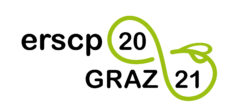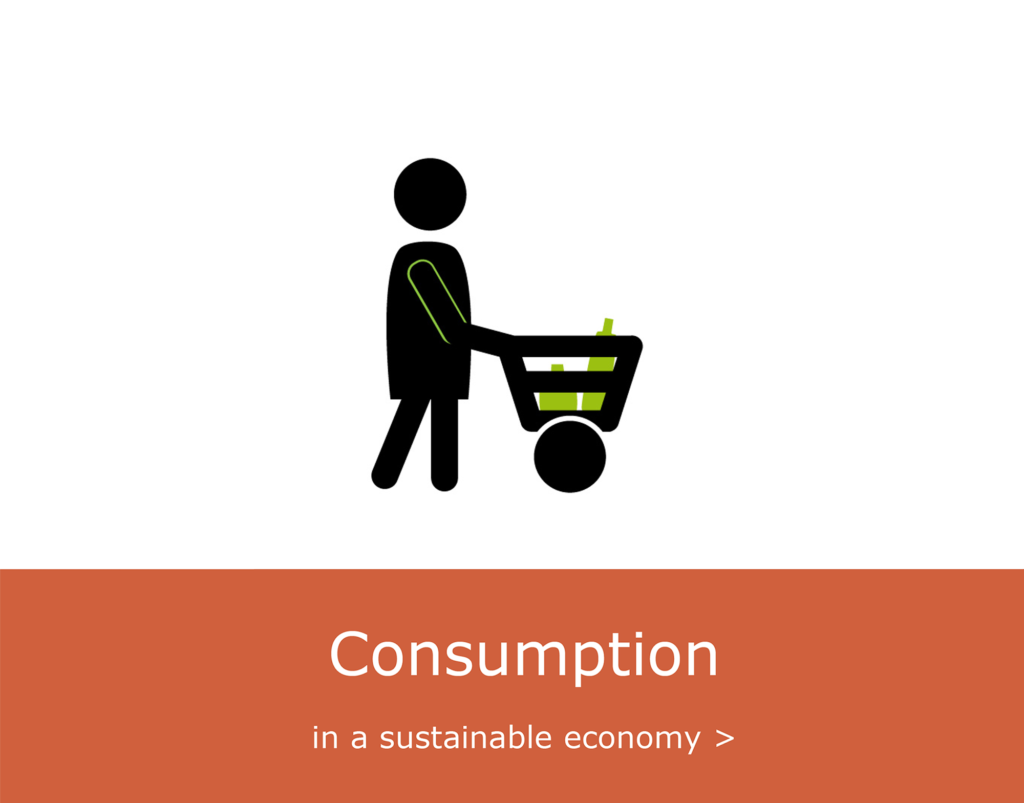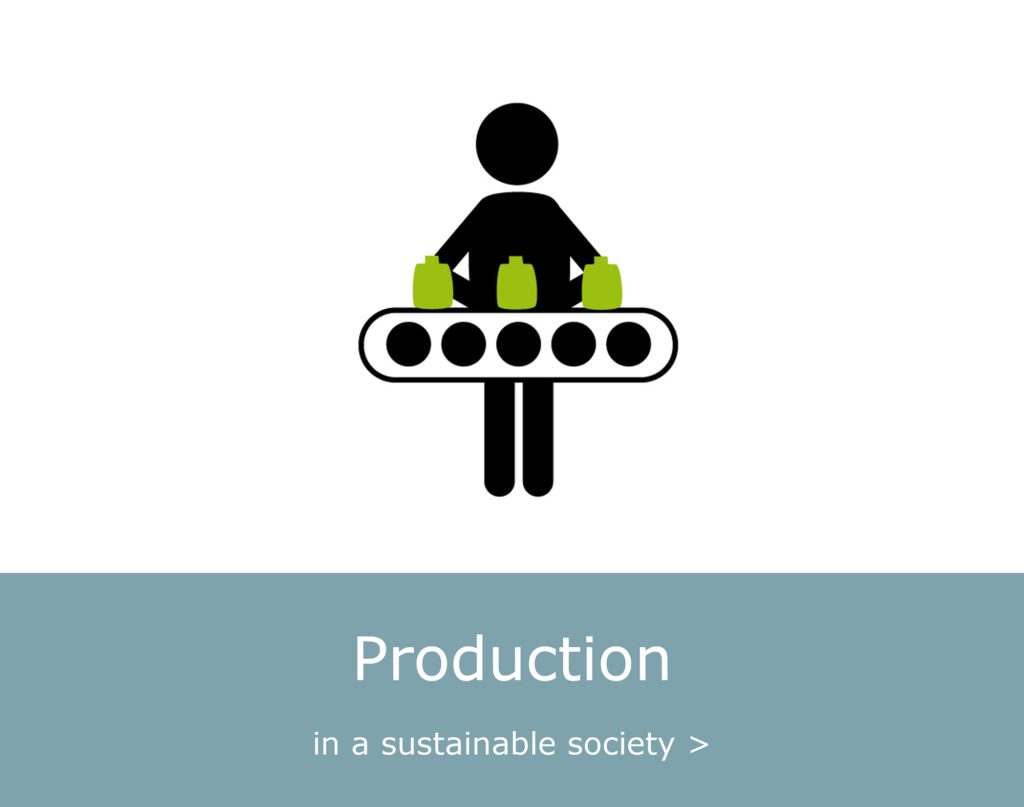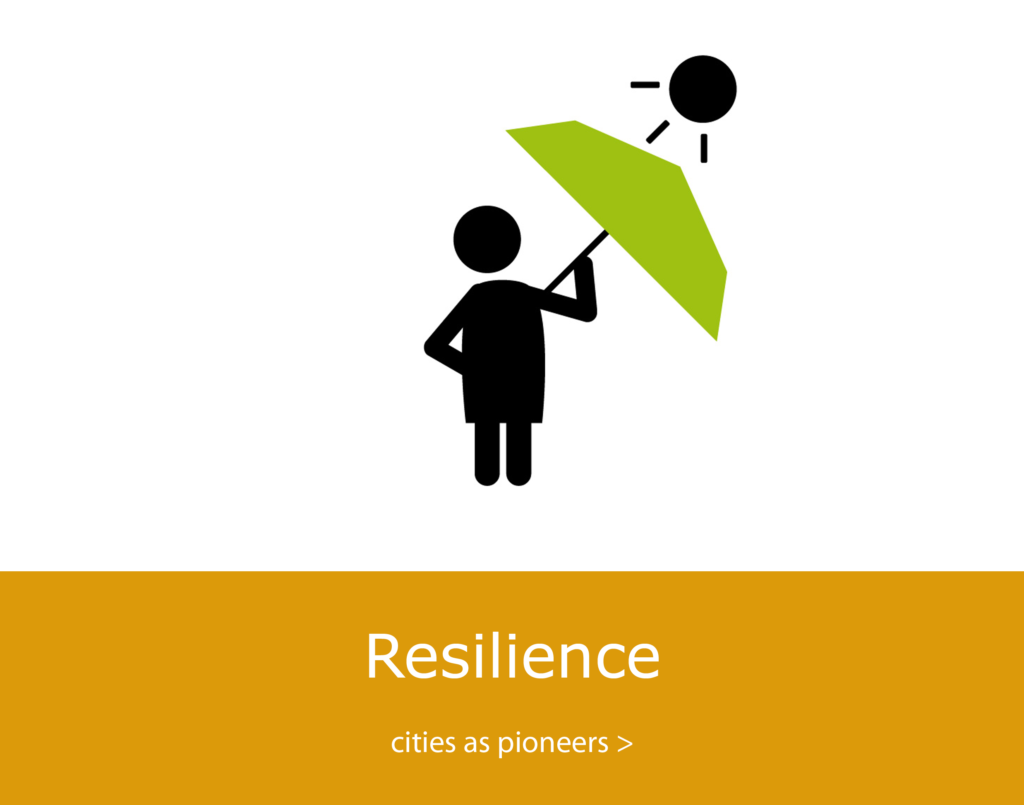ERSCP 2021 took place in Graz from 8. till 10. September 2021
PROCEEDINGS OF ERSCP 2021
Here you can find the Proceedings of the 20th EUROPEAN ROUNDTABLE ON SUSTAINABLE CONSUMPTION AND PRODUCTIONProceedings of the 20th EUROPEAN ROUNDTABLE ON SUSTAINABLE CONSUMPTION AND PRODUCTION
The next ERSCP will be: ERSCP 2023 in Wageningen, The Netherlands
ABOUT ERSCP 2021
The goal of reducing global warming to +1.5°C requires us to reduce not only the greenhouse gas emissions caused by our direct activities (heating, cooling, mobility, electricity production, etc.), but also the emissions that have already been generated outside the usual limits of consideration through our consumption – as it were, stuck in the products. This “emission backpack” contained in the products is almost as large as the direct emissions.
While many countries, regions and cities have developed strategies to reduce local emissions, there is often no plan to reduce the emissions contained in the purchased products. erscp21 will consider both aspects: the possibilities to reduce the emission of climate-relevant gases during production as well as to reduce upstream emissions by changing consumer behavior. It will be essential that cities – where already more than half of the world’s population lives – and economic sectors reduce emissions, adapt to climate change, and take resilience measures. Changing consumption behavior will be an important issue in building a closed cycle economy, especially urban closed cycles including the forced utilization of local resources.
For many of us, it is difficult to imagine how cities and societies will function from an economic and social point of view once the +1.5° target is reached. What do cities look like, what is their relationship with their surroundings? What and how much will we work and how will we move? Which industries will gain in importance, which will lose? What will we eat, what will we produce? And how will this affect air, sea and land traffic.
People are also hardly aware of the many benefits that can result from a significant reduction in emissions in cities. These benefits include not only better health through cleaner air and greater safety with soft mobility but also more livable urban spaces.
erscp21 covers a number of UN Sustainable Development Goals. Goal 12 “Responsible Consumption and Production” meets the core target of the conference. But many other issues are in the focus as well, like SDG 4 “Quality of Education”, SDG 6 “Clean Water and Sanitation”, SDG 7 “Affordable and Cleaner Energy”, SDG 9 “Industry, Innovation and Infrastructure”, SDG 11 “Sustainable Cities and Communities” and SDG 13 “Climate Action”.
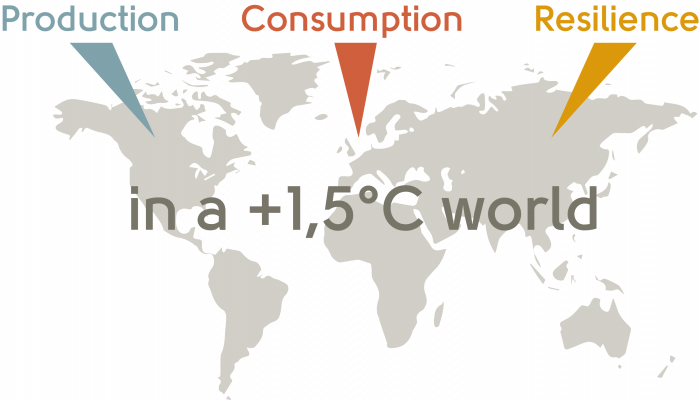
AROUND THE CONFERENCE
BIWAES 2021
Biennial International Workshop Advances in Energy Studies 2021
Empowering Communities, beyond Energy Scarcity
Since the year 1998, the series of Advances in Energy Studies Workshops aimed at sharpening scientific focus and building a critical mass and collaborative network among scientists and social communities researching about energy and energy–related wellbeing. The Workshop was hosted by different countries (Italy, Brazil, Spain, Austria, India, Sweden). The 2008 Workshop was held in Graz (Austria).
Yoga in the morning
A yoga professional will offer yoga exercises every morning before the lectures begin. You are welcome to join, free of charge.
Hands-On Lab
The conference will offer the possibility to build e.g. sensors for climate monitoring, and others.
Speakers Corner
Here the conference will provide a very low-profile possibility especially for young researchers and companies to present their findings in a short, concise manner.
Excursions
Eco_Profit: An introduction to the Eco-profit project, including visits to companies, following the Eco-Profit scheme.
KEWG (Klima- und Energiewerkstatt Graz : Climate and Energy Lab Graz) offers hands-on experiments to primary school students.
Visit to Smart City quarters in Graz. Guided visit with architects.
Social excursions t.b.d.
